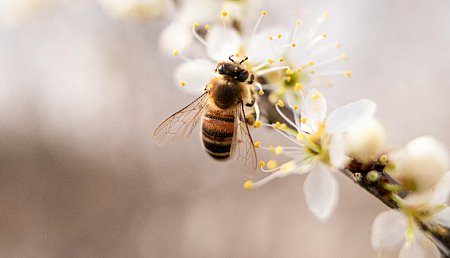 Photo: truthseeker08 | Pixabay
Photo: truthseeker08 | Pixabay
In the crowded refugee camps of southern Bangladesh, young Rohingya refugees are changing attitudes towards the environment. Refugees fleeing from violence in western Myanmar’s Rakhine State are now learning about the impacts of climate change from five refugee youth groups that have received environmental education and training from the United Nations High Commissioner for Refugees (UNHCR) and the International Union for Conservation of Nature. Not only have the groups been working together to raise awareness about how to dispose of waste and about the impacts of climate change, they have also made the camps greener by planting gardens in previously rubbish-filled areas, crafting bamboo waste bins, and distributing the bins around the refugee settlements as a means to improve waste management and pollution in the camps. The issue of climate change is especially severe in southern Bangladesh, and since many of the shelters are built on deforested, unstable hills, it makes them especially vulnerable to tropical storms, impacting numerous refugees. In addition to environmental safety and benefits, this program also helps the youth groups greatly by equipping them with leadership skills, problem-solving skills, and a good sense of purpose. “We’re letting them know that they can [make a difference]. You can talk to your family, your neighbour, you can start with yourself,” says Ehsanul Hoque, who works with UNHCR’s environment unit. Samia, a 14-year-old girl who is part of the youth groups, says she has convinced her brothers to stop throwing stones at the birds and that their messages of environmental protection have been well-received by other refugees. “Some people don’t want to listen to us, but I truly believe that, gradually, their viewpoint will change,” she says. “At the end of the day, I feel good thinking that I raised awareness in my community.”
More:














